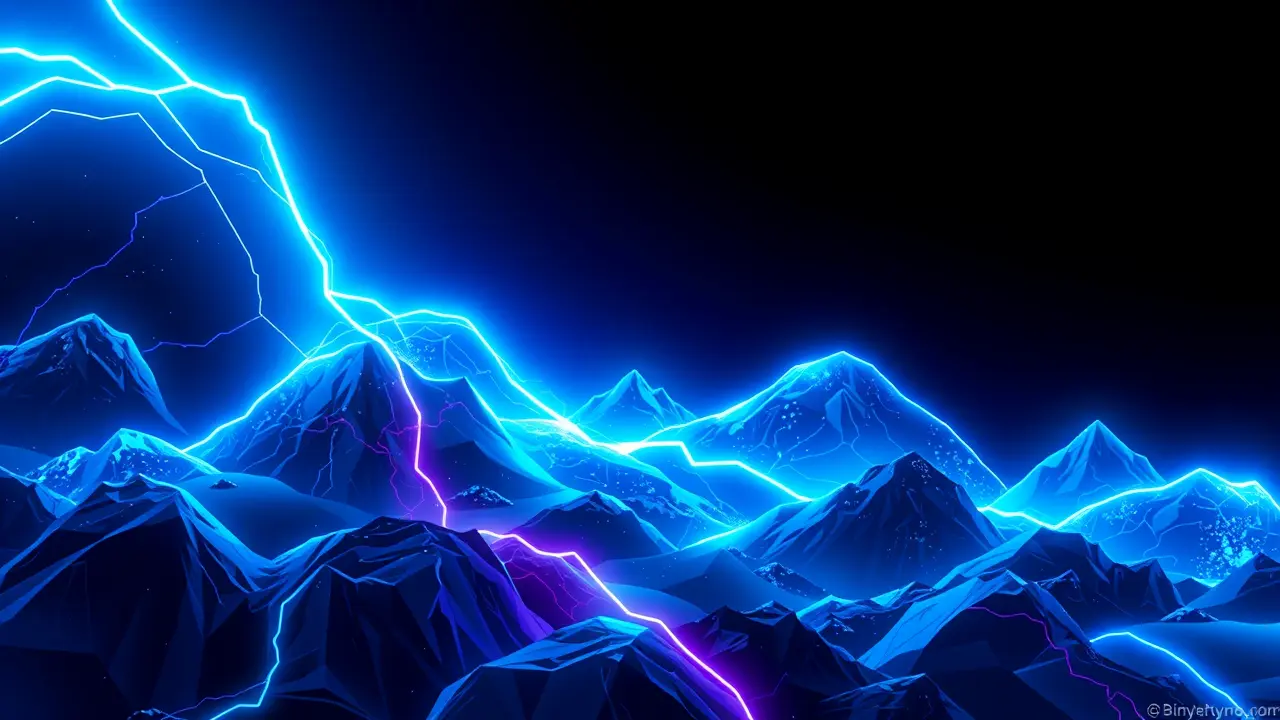Chinese Scholar Compares Trump's America to Soviet Decline
The geopolitical landscape is witnessing a tectonic shift of historical proportions, one that invites a sobering comparison to the final, fateful years of the Soviet Union. A prominent Chinese political scientist, Zheng Yongnian, dean of the public policy school at the Chinese University of Hong Kong, Shenzhen, has issued a stark warning that America’s transformation under President Donald Trump bears unsettling parallels to the perestroika and glasnost reforms initiated by Mikhail Gorbachev.This 'Trumpian transformation,' as Zheng describes it, represents a comprehensive and unprecedented realignment of the United States' domestic political fabric and its international posture, the ripple effects of which will fundamentally reshape the democratic, regional, and global orders for decades to come. To fully grasp the gravity of this assertion, one must look back to the 1980s, when Gorbachev, facing a stagnating economy and a loss of ideological vitality, embarked on a series of reforms intended to modernize and revitalize the Soviet system.Instead, these very reforms unleashed centrifugal forces—nationalist sentiments, economic dislocation, and a crisis of political legitimacy—that the ossified Soviet structure could not contain, culminating in its abrupt and unexpected dissolution in 1991. Similarly, the Trump presidency, while operating within a far more resilient democratic framework, has acted as a powerful accelerant for deep-seated American anxieties.It has aggressively challenged the post-war liberal international order that the US itself architected, questioning the value of NATO, withdrawing from multilateral climate and trade agreements, and reframing international relations as a zero-sum contest rather than a collaborative endeavor. Domestically, the parallels are equally disquieting.The intense polarization, the deep distrust of institutions from the media to the judiciary, and the weaponization of populist rhetoric echo the Soviet era's loss of faith in the Communist Party's narrative. Just as Gorbachev’s reforms inadvertently exposed the hollow core of the Soviet state, Trump's disruption has laid bare the fragility of American democratic norms and the vulnerabilities in its social cohesion.This is not merely a change in policy direction; it is a fundamental recalibration of America's role in the world, creating a power vacuum that rivals like China and Russia are eager to fill, while leaving traditional allies in Europe and Asia questioning the reliability of their security guarantor. The long-term consequences are profound.A retreating America could lead to a more fragmented, multipolar world characterized by heightened regional conflicts and a decline in the global hegemony of democratic ideals. The international system, long stabilized by US leadership, may devolve into a more chaotic and transactional arena. The question that now hangs over the West, much as it did in the final days of the USSR, is whether the center can hold, or if the forces unleashed will prove impossible to control, leading to a new, unpredictable chapter in global history where the very concept of a Western-led order becomes a relic of the past.
JA
Jamie Larson123k2 days ago
idk if i buy this comparison tbh feels like a stretch
0
